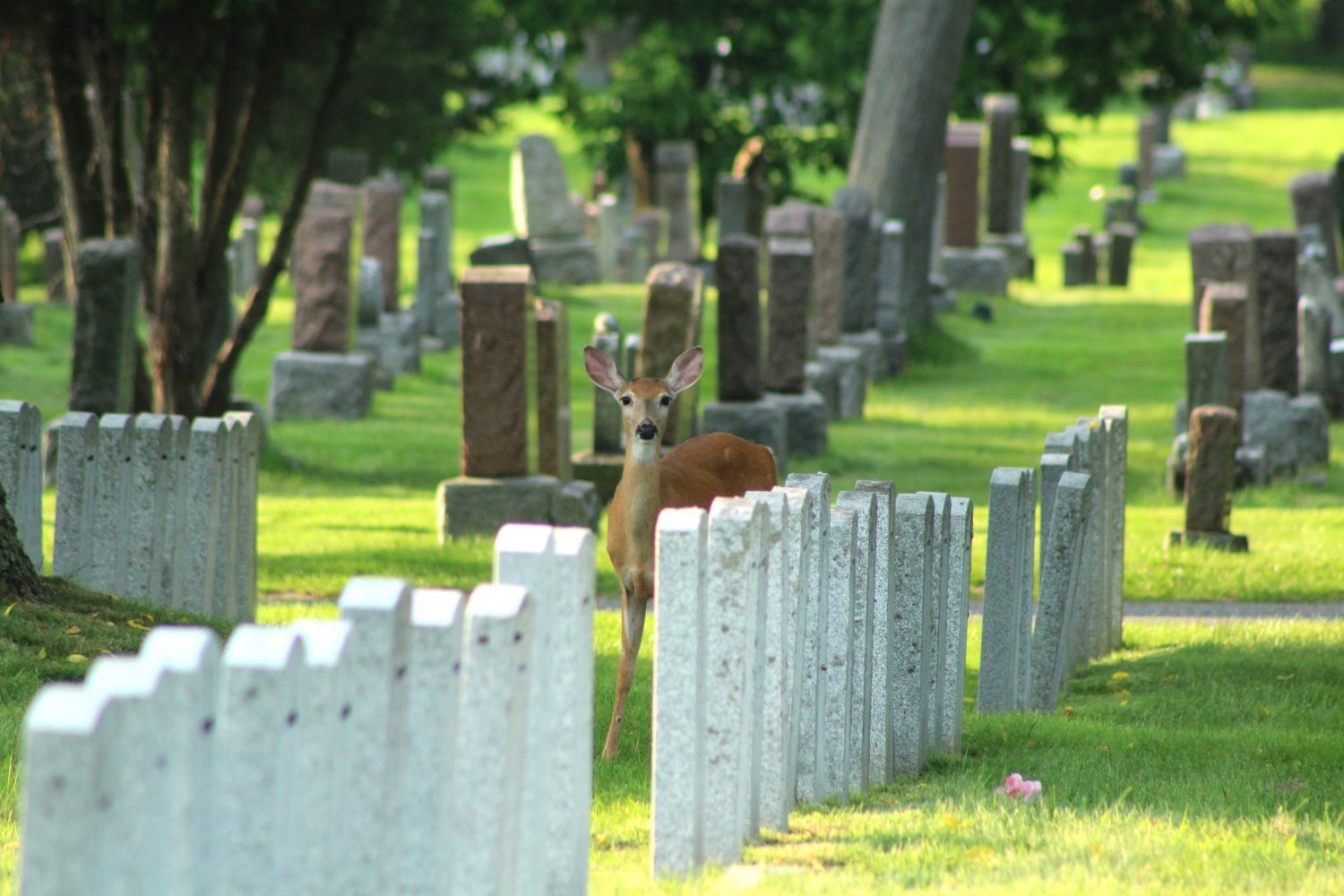Kicking the bucket and looking back on loved ones


In the latest issue of our sister publication, The Sputnik, there was a feature about a lady who looked like “someone’s stylish aunt” who read tarot cards and contacted the “great beyond” that is death.
The writer, Dellesia Noah, had an experience contacting her grandmother she never met in this life.
Though I don’t doubt the experiences of both women involved, and the impact that this meeting had on Noah, it made me think of my own experiences with death.
Regardless of religion or creed, belief or system, one thing for us mortals is for sure: death is ultimate and inevitable.
I’ve never really been afraid of death because I grew up around it. When I was born, I came home from the hospital in a hearse.
My father is a funeral director and death was never something that was hidden from me.
This past summer, instead of getting a job as a camp counsellor or a cashier, I joined him in the business of death. I ran paperwork around the city and assisted on removals.
If I learned anything from this experience, it’s that death truly does happen to everyone, regardless of any other factors. Death does not discriminate and it takes no names.
I don’t have any idea what happens after death and, frankly, I don’t really care to. No matter what it is, it’s going to come regardless of what I believe.
Speaking to someone beyond the grave, regardless of whether it’s possible or not, doesn’t change the fact that they’re dead.
It’s dreary. It’s unhappy. It’s the truth.
But if there’s any positive side to death, it’s that it brings people together in collective memory of a life.
On my very first house removal, the family of the man was outside, gathered around their picnic table, talking to each other.
I don’t really know if they all lived in that house. I don’t know if they were a perfect, happy family or how much they would miss the man we were wheeling out their side door.
What I do know about them is that this death brought them together. There was no fighting, raised voices or angry words exchanged.
It was their collective grieving that brought them together.
It’s for the same reason we eagerly await our favourite celebrity names on the “in memoriam” at awards shows.
It’s a collective experience to remember a person that can’t make themselves known in our lives any more.
At the Film Society’s Oscar night, there was a collective noise of appreciation when Robin Williams appeared in a montage.
Yes, it’s because he’s no longer living, but even more so, it’s about the impact that he had on our lives.
We’re grieving that they’re gone, but it gives us a chance to see someone’s achievements laid bare.
I think it’s pretty safe to say that, as humans, we like a clean ending; we like to see all loose ends tied up and we like to have some sort of closure.
That’s what death is. It may not be a happy Hollywood ending where dreams come true, but it’s a clear ending none the less.
Whatever happens after death, the person’s physical being no longer exists. Maybe we can contact them, maybe we can’t. Either way, the person isn’t physically there any more.
They’re not going to have new accomplishments and any new memories you may have will always be in question; even if you’re so sure of your experience, there’s going to be people who will doubt.
What they did on earth is now all that they’ll ever do on earth. It can be tracked and it can be appreciated.
This clear beginning and end of a life in this world gives us a chance to appreciate everything the person has done.
The love we feel for people stretches beyond the grave and I think that’s what really matters when we all reach the end.


